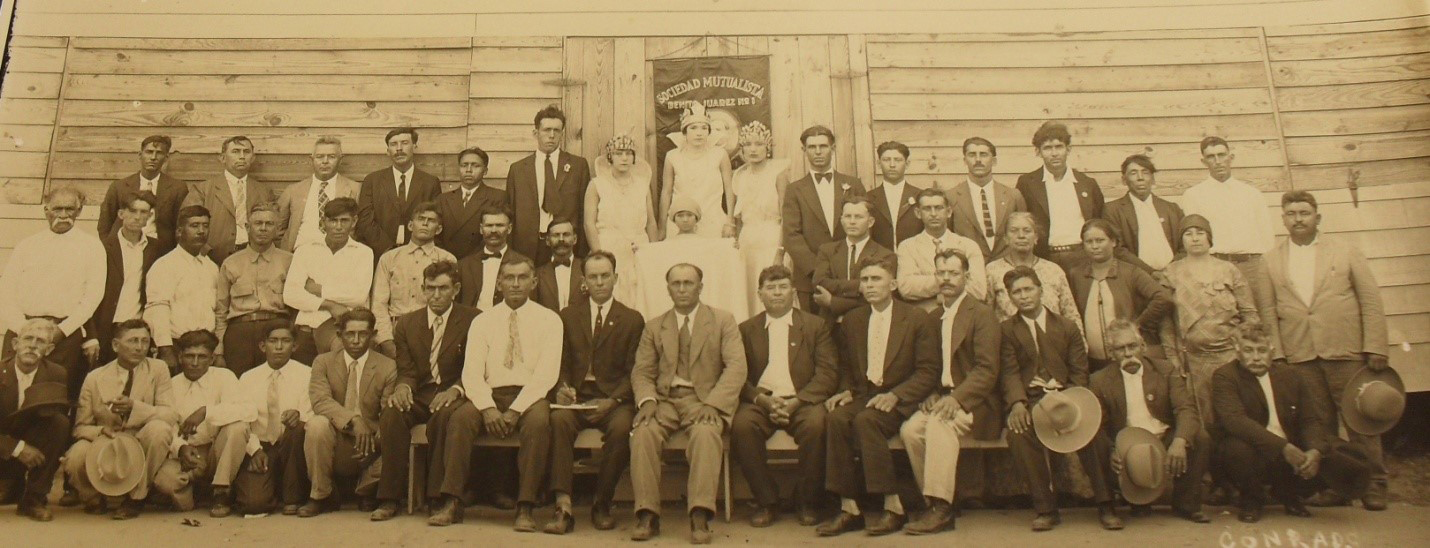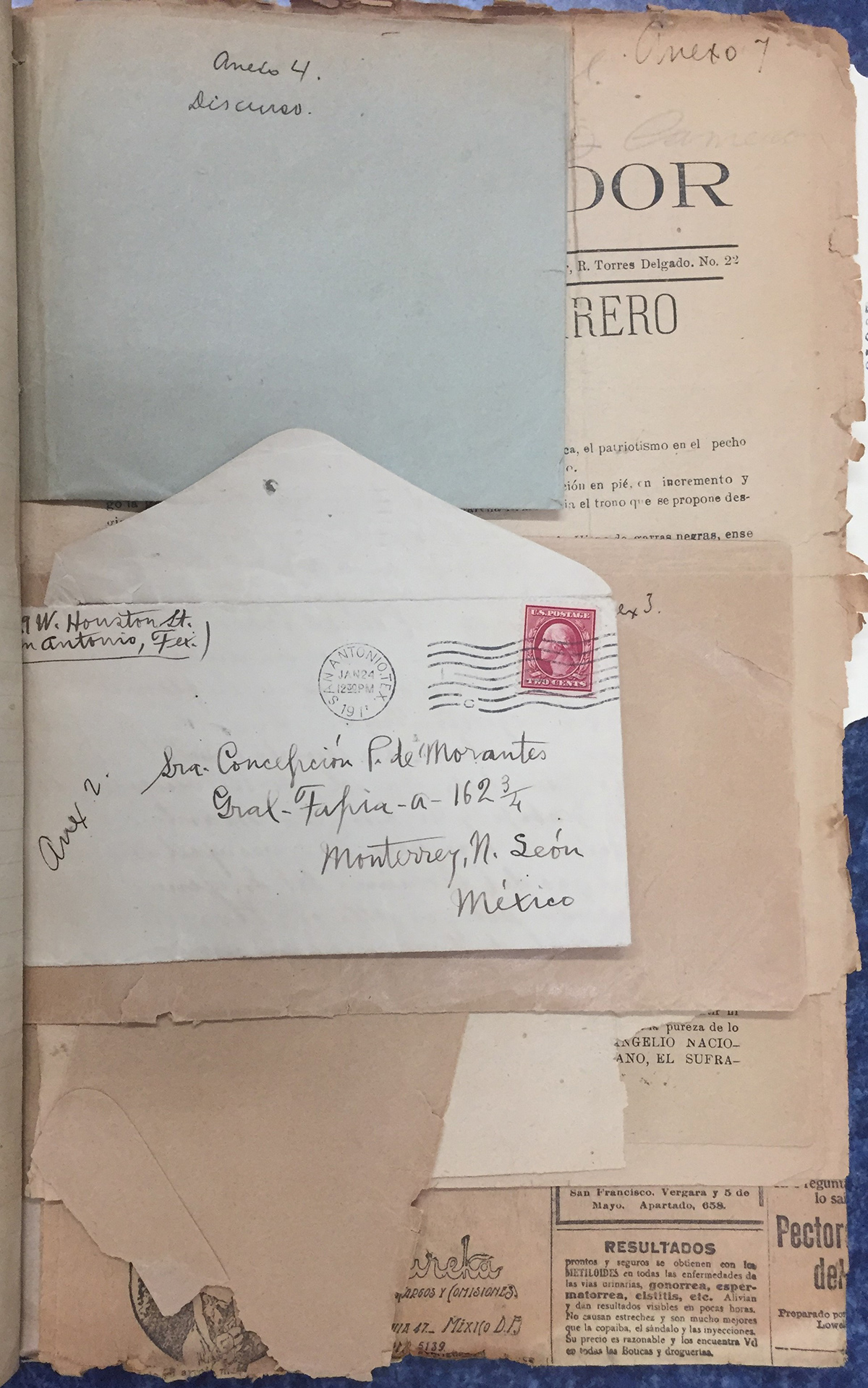
Dr. Sonia Hernández, professor in the Department of History at Texas A&M University, has published an article in the September issue of the Journal of American History, the leading scholarly publication in the field of American history and the official academic journal of the Organization of American Historians.
Her article, titled "Gendering Transnational State Violence: Intertwined Histories of Intrigue and Injustice along the U.S.-Mexican Borderlands, 1900-1913,” explores the complex histories of violence, gender and power dynamics in the U.S.-Mexican border region and the gendered aspects of violence and injustice.
“To publish in the leading journal for historians is truly such a thrilling experience,” Hernández said in response to the achievement. “I am excited about how the lived experiences of women who take center stage in this article will be forever featured in the pages of this journal. To me, that is indicative of a discipline that has come a long way.”

According to Hernández, a major part of her research included dissecting the testimonies of Mexican-origin women and how their experiences provide a glimpse into complicated gendered negotiations during encounters with state agents from both the United States and Mexico during the early 20th century.
Hernández received her Ph.D. from the University of Houston in 2006 and came to Texas A&M in 2014. During the past decade, her research has been funded by a Fulbright-Garcia Robles and a Chancellor’s EDGES Fellowship.
“My time in History here at Texas A&M since 2014 has been a wonderful learning experience,” Hernández said. “As someone who studies labor issues from various perspectives and places, working conditions are extremely important to me. My labor experiences working as a professor, researcher and educator have been rewarding, not only to me, but to my family as well.”
As Hernández continues her research and teaching, she hopes to keep disseminating information about these parts of history and how knowledge about this field can help promote transnational research.
“As I engage in this research on state violence, gender and transnational alliances in the early 20th century, I think about possibilities to expand the field — particularly histories related to the intersections of gender and labor — and how my work can influence, shape and inform other works in meaningful ways,” she said.
